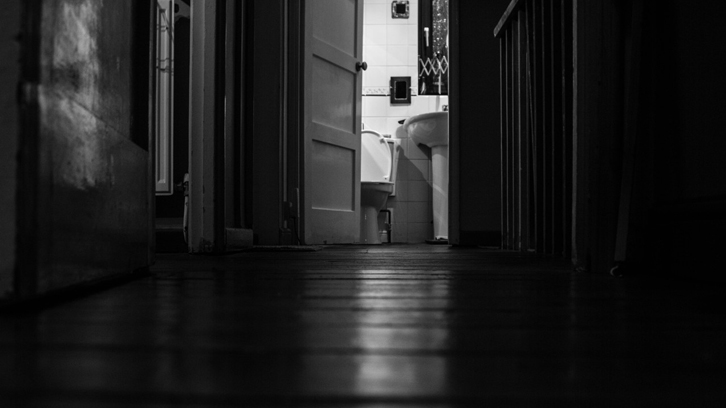How to ace your adoption home study in Spain

The late French scholar Michel de Certeau has described the home as “the faithful and talkative indicator about which all inquisitors dream.”
Just how talkative and faithful is that home? Can you tell whether I will be a good parent by visiting my flat? What clues would my bedroom, kitchen, or living room give you about whether I have the character required to become a good parent? Could my house mislead you?
For much of the 2000s, Spain had the highest transnational adoption rate in the world. And so these questions had, and have, real-world weight for people in Spain (and elsewhere around the world) who hope to become parents through adoption. Because, in considering whether adoption applicants should be approved, social workers and psychologists carry out a home study – an in-person visit to the home where the child is intended to live.
There is a tremendous amount of anxiety surrounding this process, even though in Spain the vast majority of applicants were approved to adopt. And yet the home study matters – because in the occasional denial of eligibility, a key reason cited is the adequacy of the house.
In a new study that appeared in fall 2017 in the Journal of the Royal Anthropological Institute 23(3):562-579, the premier anthropological journal of Great Britain and Ireland which has been in print for over 100 years, the authors analyze a series of unintended outcomes of this bureaucratic elevation of the home’s importance in Spain. Prospective parents experience this risk of denial of suitability as inextricably linked to the material culture of the home. Through the home study, home and family become ever more interwoven, as prospective parents must grant their homes the moral authority to evaluate them as potential parents.
The authors’ comparative, qualitative research has revealed that particular unwritten rules – like “a child should have his or her own room, but the room should be on the same level as the parent’s” – are figured out by prospective parents on the basis of their experiences with social workers. The unwritten rules are communicated among prospective parents via internet forums, and ultimately complied with, at least for the duration of the home study. Intriguingly, these unwritten norms about houses fail to reflect everyday uses of the house in urban parts of Spain, a country where over half of young adults live in their parents’ homes. Prospective parents’ experiences of the home study reveal that “homes” are viewed in Spain as economic, social, and moral prerequisites for “families.” This in turn implies that as foreclosure rates rise and homeownership falls, it is not surprising that fertility rates remain low as well.
More provocatively, Leinaweaver and Marre proposed, in a follow-up piece from spring 2018 in SAPIENS, a new and editorially independent magazine of the Wenner-Gren Foundation for Anthropological Research whose purpose is disseminating anthropological research to a wider audience – that gaming the home study could be the only way to parenthood.
Brown University
Diana Marre
Universitat Autònoma de Barcelona
Diana.Marre@uab.cat
Susan E. Frekko
Independent Scholar
References
Leinaweaver, J. B., Marre, D. and Frekko, S. E. (2017), ‘Homework’ and transnational adoption screening in Spain: the co‐production of home and family. J R Anthropol Inst, 23: 562-579. doi:10.1111/1467-9655.12652

